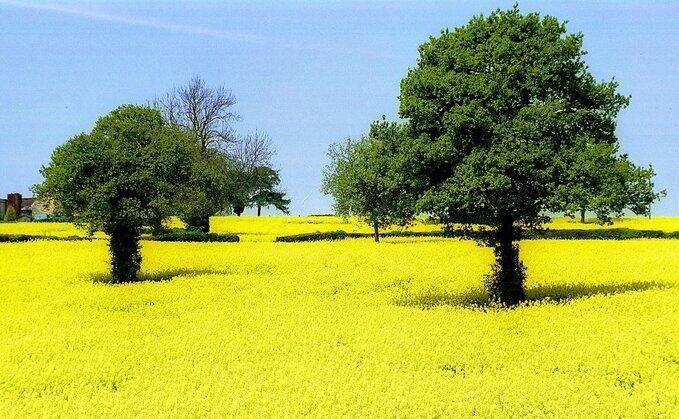
Reliance on countries such as Ukraine which are still allowed to use neonicotinoids to supply UK demand for oilseed rape (OSR) is growing, as UK production of the crop declines. Speaking of his concern...

Reliance on countries such as Ukraine which are still allowed to use neonicotinoids to supply UK demand for oilseed rape (OSR) is growing, as UK production of the crop declines. Speaking of his concern...